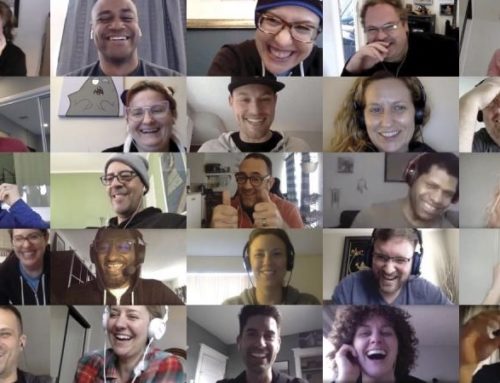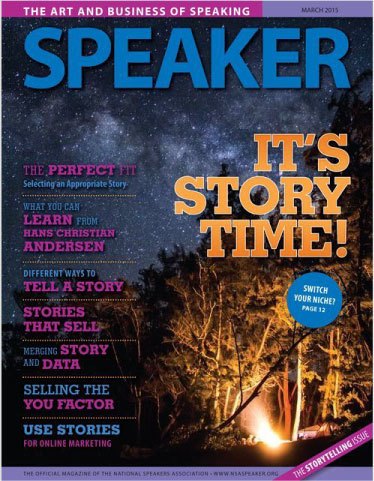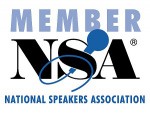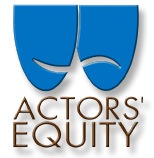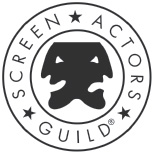The most common question I (and many of my actor friends) am asked after a show is: How do you remember all those lines?
It’s a question that is both self-effacing and flattering.
Self-effacing because it implies the person asking the question wouldn’t be able to accomplish such a feat. Flattering because it acknowledges that memory work is real work and there must be some technique to it.
And there is. Many techniques in fact.
The average person might never have to memorize a two-hour play, but most of us, at some point in our personal, or professional lives, will be called upon to:
- Remember our company’s elevator pitch at a networking event
- Deliver the best-man, or bridesmaid speech at a good friend’s wedding
- Give a presentation to the boss at work
Acquiring the techniques actors use to remember lines will make these high-stakes moments easier.
1. Rehearse at Performance Level
That Dorothy Parker, After Anne Frank, The Camino. These are the titles of the three different 90-minute solos shows I’ve written and toured across the country. That’s a lot of material to remember!
Practice and repetition are the key.
During rehearsals I say my lines aloud, at performance level. No muttering under my breath. I’ll also move around the stage incorporating body language and gestures, because performing is a full-body enterprise.
Actors don’t just memorize their scripts. We learn the play ‘by heart’.
The goal of rehearsal is to get the essence of the words in your brain AND your body so you won’t be derailed by new elements on the day of the performance. Things like: a microphone, or lights in your eyes, or a video camera, or the audience itself.
2. No Mirrors
Don’t rehearse in front of a mirror. I’m not sure where this idea originated, but it’s terrible advice. Actors never rehearse in front of their own image.
First of all, it creates self-consciousness. It focuses your mind on how you look. Great performing isn’t about how you look. Great performances happen when an audience feels emotionally connected with you.
Secondly, the mirror doesn’t give you accurate information anyway. What you see when you look at your own reflection is the reverse image of what the rest of the world sees.
If you want to access how you are doing, record yourself with your phone and watch the video afterward. In this way you separate out two equally important functions:
- Memorizing and preparing
- Evaluating and improving
Instead of working in front of a mirror, take a photograph of the room where your presentation will happen and rehearse in front of that, imagining there are people in the chairs.
Or, print off a picture of an audience and rehearse in front of human faces to get used to the idea that on the day, you will be presenting to real people.
3. Create Visual Cues for Your Mind’s Eye
Once you have written your speech make sure to lay it out on the page, or slide, in a visually interesting way that is easy to read.
I once helped a young accountant overcome a panic attack about the presentation he was scheduled to give to his CEO by just adding paragraph breaks and increasing the size of his font from 10 to 16.
It went from looking like this:
Thanks for the opportunity to share my work with you today. I’ve been partnering with one of our most important clients and I want to share a status update. From a timing perspective we are doing well with the critical path. We’ve met all deadlines to date.
To this:
Thanks for the opportunity to share my work with you today.
I’ve been partnering with one of our most important clients and I want to share a status update.
From a timing perspective we are doing well with the critical path. We’ve met all deadlines to date.
4. Emphasize Key Words
Next, emphasize key words.
Actors use a yellow or pink highlighter for this. For executives I suggest adding italics, bold, underline and CAPS as you are writing to help remember which words you want to emphasize as you speak.
In the above example it might look like this:
I’ve been partnering with one of our most important clients and I want to share a status update.
From a timing perspective we are doing well with the critical path. We’ve met ALL deadlines to date.
Now, close your eyes and imagine what the page looks like. Imprint this image in your mind. When you get stuck and can’t remember what your next sentence is, conjure up the layout of the page in your mind’s eye. This will help trigger your memory.
5. The Spacing Effect
Beware of cramming. Pulling an all nighter to memorize your speech will only result in a shallow level of familiarity with your content. You’ll risk losing your place in front of the audience.
Instead, leverage The Spacing Effect.
The Spacing is the psychological phenomenon where learning is greater when studying is spread out over time because the human brain absorbs information during sleep. As you rest, information moves from short-term to long-term memory.
In the theatre we use the spacing effect to plan out our rehearsal schedule.
During the first days of rehearsal we don’t tackle the entire play all at once. We work on one scene at a time. On day 1 we’ll tackle Act 1, Scene 1. On day 2 we’ll move on to Act 1, Scene 2. The next week we will move to Act 2.
You can use this same technique to your advantage. Divide your presentation into several smaller chunks of text and tackle one chunk per day.
6. Just Keep Going!
Finally, it’s helpful to consider that nobody knows your script except you. If you forget to say something, no one will know. Just take a breath, and keep going.
Your audience will be more impressed by a graceful recovery, than a letter perfect—but stilted—performance.
The next time you have an important talk to give, try these techniques. I wouldn’t be surprised if afterwards someone in your audience comes up to you and says: Wow, that was great. How did you learn all those lines??!





